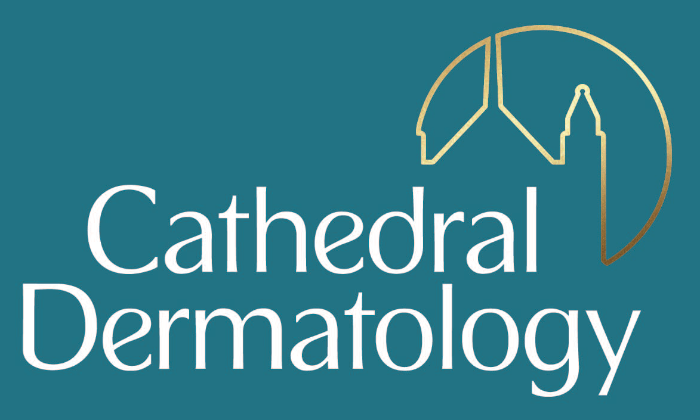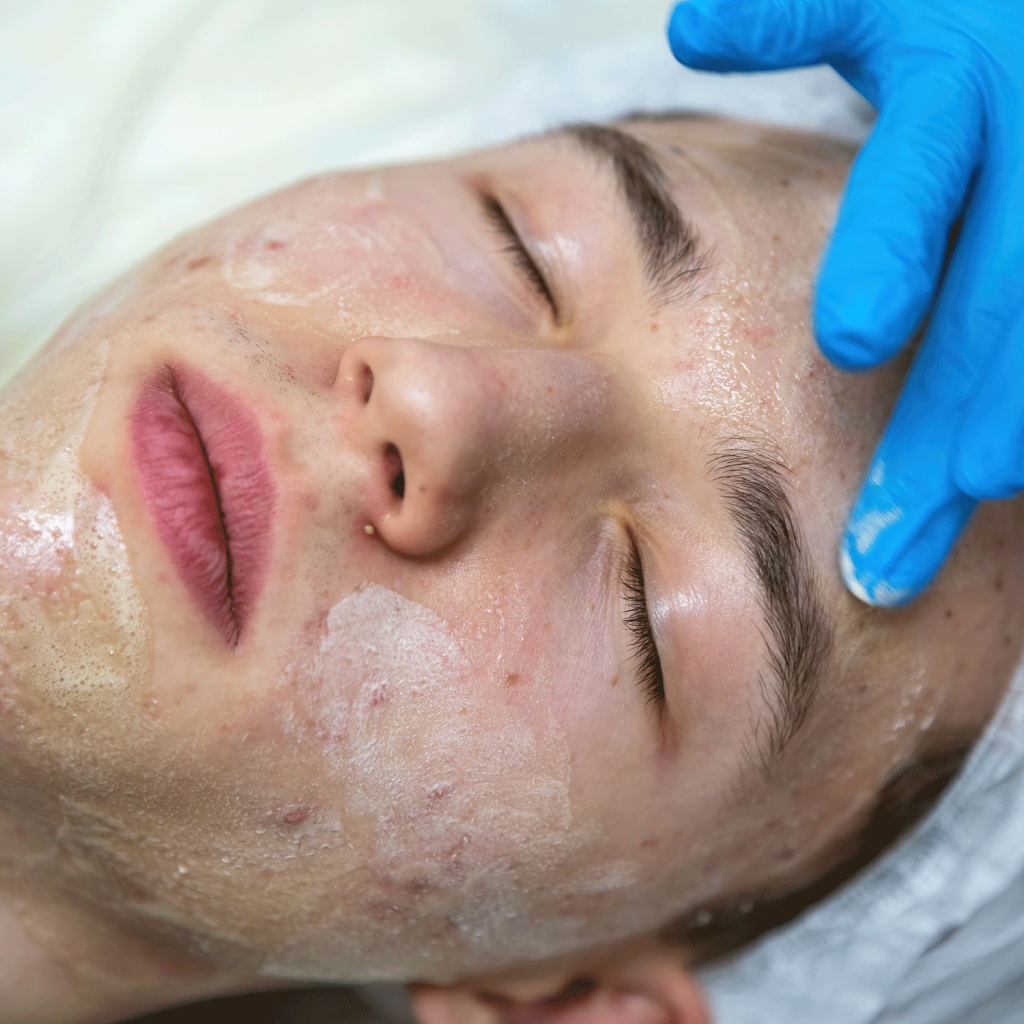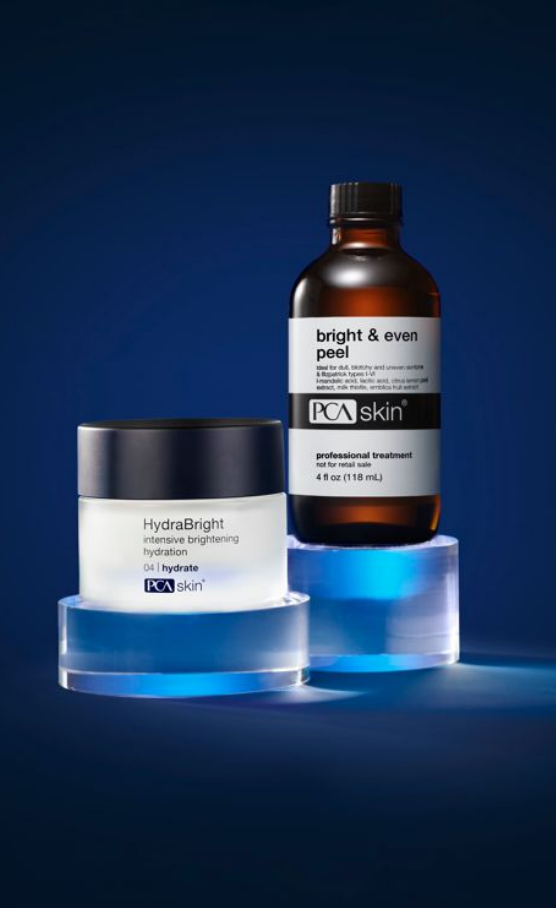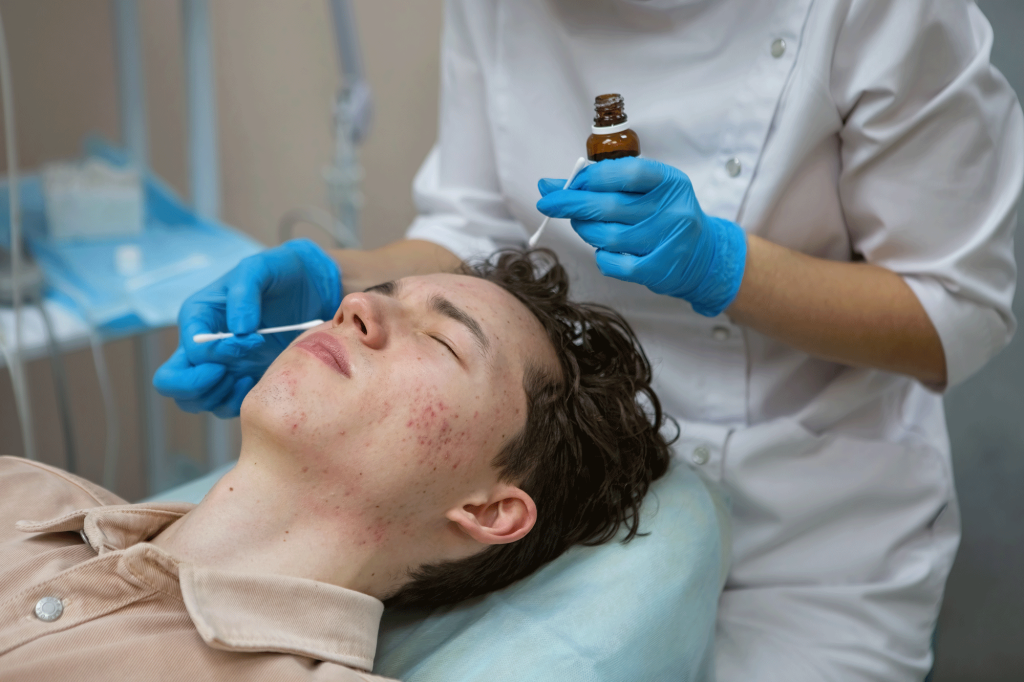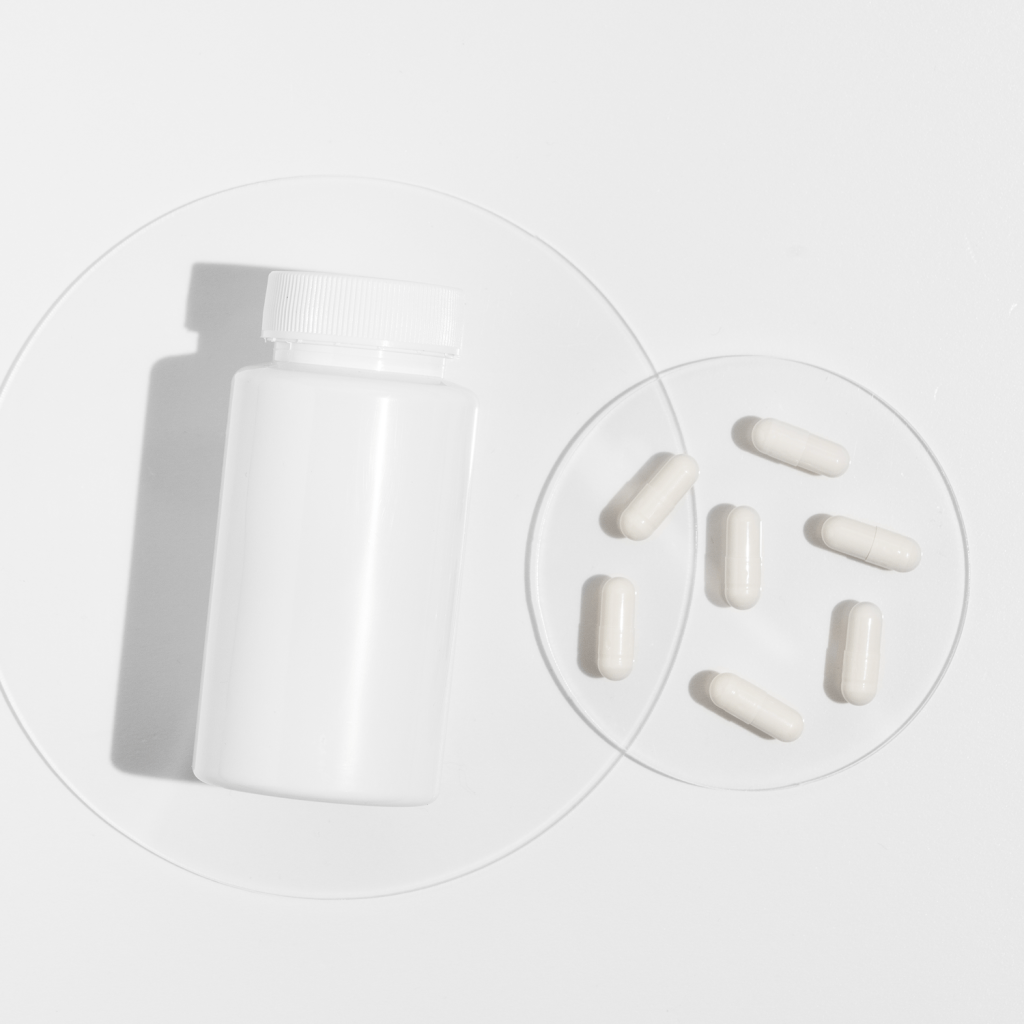-
At Cathedral Dermatology, we combine expert care with a welcoming, professional approach. Led by Consultant Dermatologist Dr. Bryan Murphy, we offer advanced diagnostics and personalized treatments. Whether it’s a rash, mole check, or minor surgery, we’re here to provide trusted, high-quality care.
Skin Disorders
Lumps/Bumps
Other Rashes
-
Your journey starts with a personalised consultation to understand your skin and goals. Our expert practitioners create bespoke treatment plans, using premium products for safe, natural-looking results. We focus on individualised care, ensuring a professional and tailored experience.
Injectable Treatments
Skin Rejuvenation & Enhancement
Specialised Treatments
-
Mole Screening
-
Medical & Surgical Dermatology
Skin Disorders
Lumps & Bumps
Skin Allergies
-
Cosmetic Dermatology
Injectable Treatments
Skin Rejuvenation & Enhancement
Specialised Treatments
-
-
-
At Cathedral Dermatology, we combine expert care with a welcoming, professional approach. Led by Consultant Dermatologist Dr. Bryan Murphy, we offer advanced diagnostics and personalized treatments. Whether it’s a rash, mole check, or minor surgery, we’re here to provide trusted, high-quality care.
Skin Disorders
Lumps/Bumps
-
Your journey starts with a personalised consultation to understand your skin and goals. Our expert practitioners create bespoke treatment plans, using premium products for safe, natural-looking results. We focus on individualised care, ensuring a professional and tailored experience.
Injectable Treatments
Skin Rejuvenation & Enhancement
Specialised Treatments
-
-
Our Clinic & Team
-
Medical & Surgical Dermatology
Skin Disorders
Lumps & Bumps
Skin Allergies
-
Cosmetic Dermatology
Injectable Treatments
Skin Rejuvenation & Enhancement
Specialised Treatments
